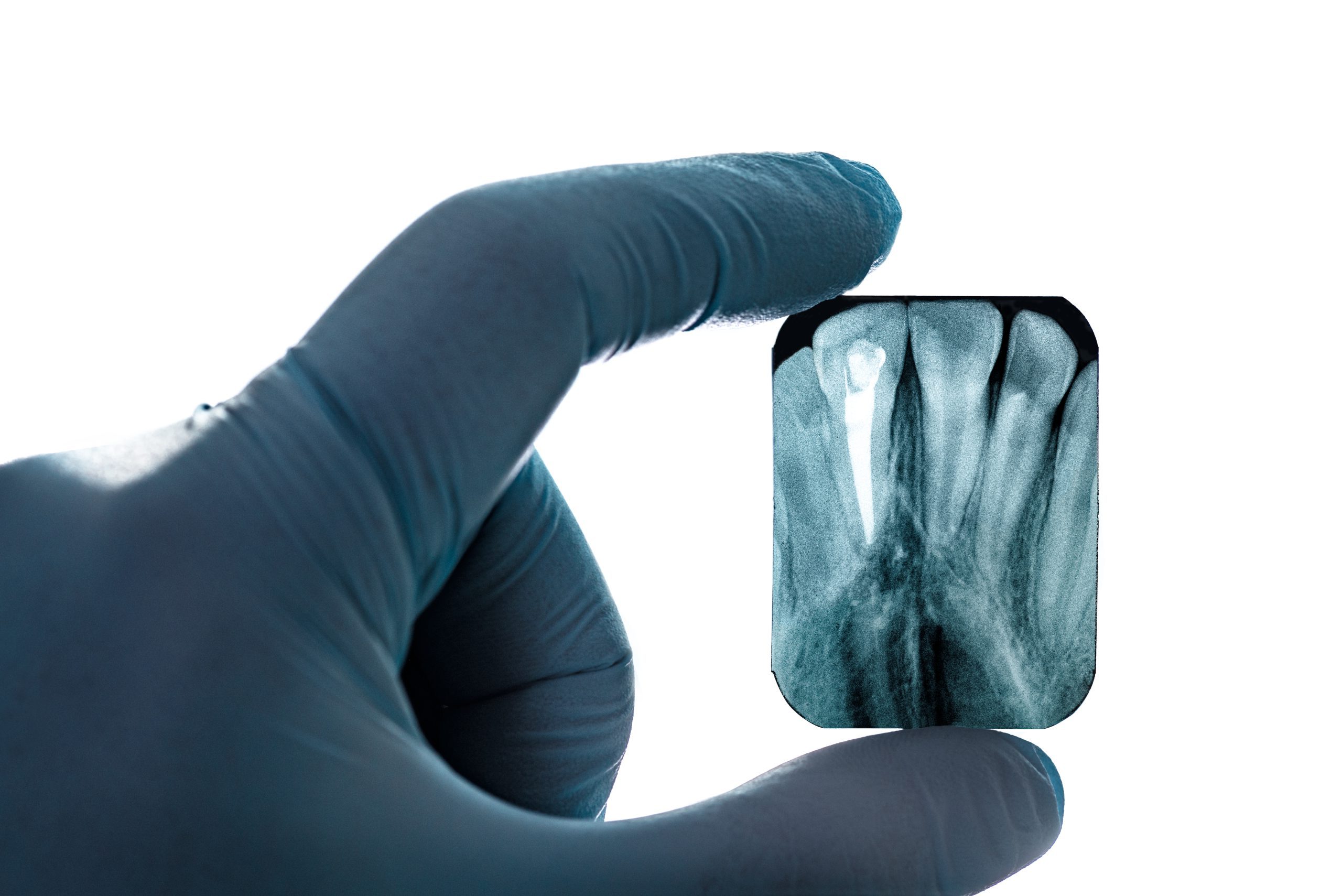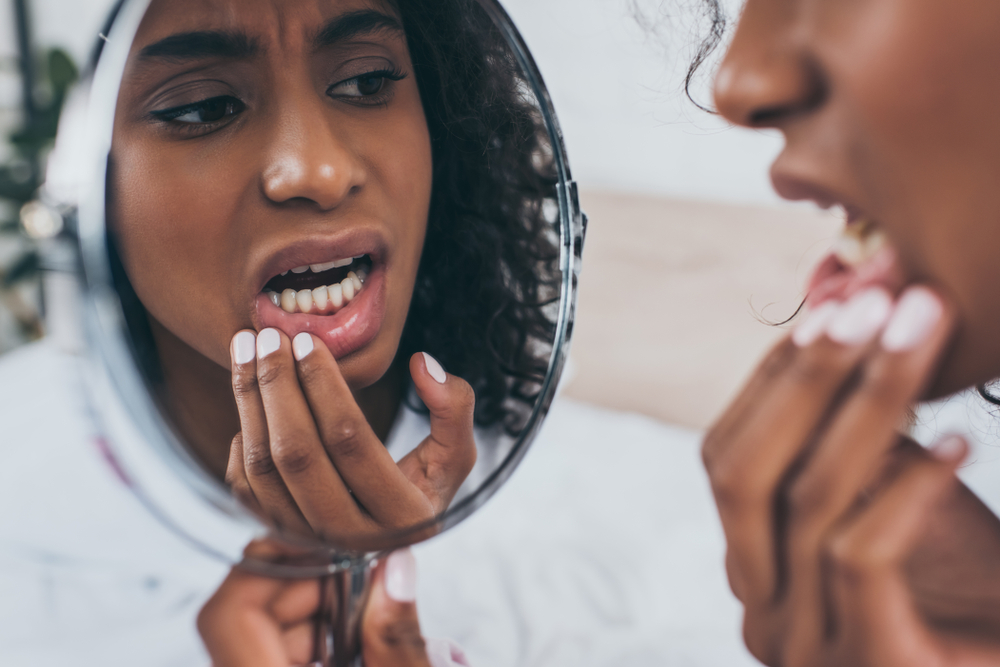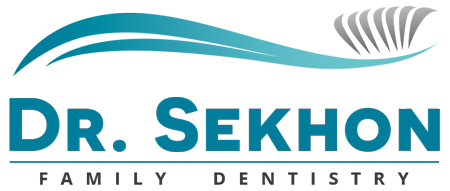What Are the Common Dental Emergencies and How to Prevent Them?

Dental emergencies can strike when you least expect them, causing pain, discomfort, and potential long-term oral health issues. Whether it’s a sudden toothache or a chipped tooth from a sports mishap, knowing how to handle these emergencies—and more importantly, how to prevent them—can save you from a lot of pain and stress.
In this blog, we’ll explore the most common dental emergencies and provide practical tips to help you maintain a healthy smile.
1. Toothache
A toothache is one of the most common dental emergencies. It can range from mild discomfort to severe, throbbing pain. Toothaches can result from various issues, including cavities, infections, gum disease, or an exposed tooth root. If left untreated, a toothache can lead to more serious complications, such as an abscess or tooth loss.
Prevention Tips:
- Maintain Good Oral Hygiene: Brush twice daily with fluoride toothpaste and floss regularly to remove plaque and prevent decay.
- Regular Dental Check-ups: Visit your dentist every six months for cleanings and examinations to catch potential problems early.
- Watch Your Diet: Limit sugary foods and drinks that contribute to tooth decay.
2. Chipped or Broken Teeth
Chipping or breaking a tooth can occur when biting down on something hard, during a fall, or as a result of a sports injury. Besides being painful, chipped or broken teeth can affect both your appearance and dental function.
Prevention Tips:
- Avoid Hard Foods: Be cautious with hard candies, ice, and other hard foods that can crack teeth.
- Wear a Mouthguard: Use a mouthguard during sports or high-risk activities to protect your teeth from trauma.
- Avoid Bad Habits: Refrain from using your teeth to open packages or chew on non-food items like pens or nails.
3. Knocked-Out Tooth
A knocked-out tooth is a dental emergency that requires immediate action. If treated quickly, it’s often possible to save the tooth. Handle the tooth carefully, rinse it with water (avoid scrubbing), and try to place it back into the socket or keep it in a glass of milk while heading to the dentist.
Prevention Tips:
- Use Protective Gear: Always wear a seatbelt while driving and use appropriate safety equipment during physical activities.
- Prevent Falls: Keep living areas clear of hazards that might cause trips and falls, especially for young children and elderly family members.

4. Lost Filling or Crown
Fillings and crowns are used to restore damaged teeth, but they can sometimes become loose or fall out. This can expose sensitive areas of your tooth to bacteria, leading to pain and further damage.
Prevention Tips:
- Oral Hygiene: Brush and floss regularly to maintain the health of your teeth and restorations.
- Avoid Hard and Sticky Foods: These foods can dislodge fillings and crowns. Stick to softer alternatives to avoid unnecessary dental visits.
- Regular Dental Visits: Routine check-ups will help your dentist ensure the stability of your fillings and crowns.
Did You Know?
According to the Canadian Dental Association, dental injuries are most common during sports and recreational activities. Wearing a mouthguard can reduce the risk of dental trauma by up to 60%!
5. Abscess
An abscess is a painful infection that develops at the tooth root or between the tooth and gum. It can cause severe pain, swelling, fever, and even lead to serious health complications if untreated.
Prevention Tips:
- Early Treatment of Cavities: Treat dental caries promptly to prevent them from advancing into infections.
- Good Oral Hygiene Practices: Brushing, flossing, and using antibacterial mouthwash can reduce harmful bacteria in your mouth.
- Routine Examinations: Regular dental visits help catch infections early and prevent abscess formation.
6. Bleeding and Pain After Tooth Extraction
While some bleeding and discomfort are normal after a tooth extraction, excessive bleeding and pain may indicate a complication, such as a dry socket.
Prevention Tips:
- Follow Dentist’s Instructions: Adhere to post-operative care instructions, including rest, diet, and oral hygiene.
- Avoid Smoking and Straws: Smoking and sucking actions can dislodge the clot and delay healing.
- Take It Easy: Avoid strenuous activities immediately after extraction to promote healing.

7. Broken Orthodontic Devices
Braces and other orthodontic appliances can sometimes break, causing discomfort and potentially delaying treatment progress.
Prevention Tips:
- Steer Clear of Hard and Sticky Foods: Foods like popcorn, hard candies, and chewing gum can damage braces.
- Wear Protective Gear: Use a mouthguard during sports to protect your mouth and orthodontic devices.
- Keep Up with Appointments: Regular orthodontic visits ensure that your devices are in good condition and working effectively.
Protect Your Smile from Dental Emergencies!
Preventing dental emergencies involves a combination of good oral hygiene, regular dental check-ups, and being mindful of daily habits. By taking these proactive steps, you can reduce the risk of encountering these common dental issues and maintain a healthy, confident smile.
If you find yourself facing a dental emergency, don’t wait! Quick action can make all the difference. Visit our Emergency Dentistry Services page to get the immediate care you need. Keep your smile healthy and pain-free. Schedule your emergency appointment today!
